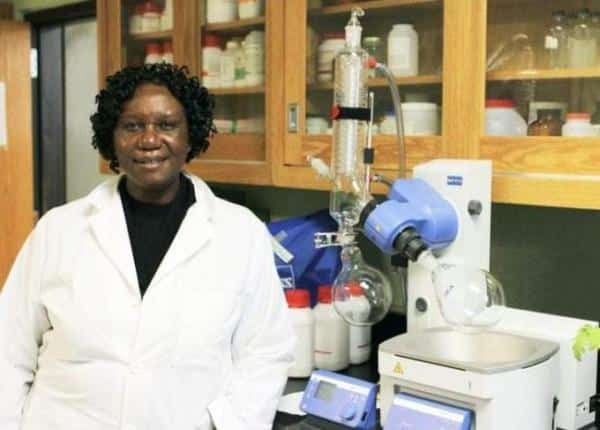Kenyan Bowie State University professor wins African fellowship

Bowie State University biology professor Dr. Anne Osano will get the opportunity to travel to Kenya for a month this summer after being awarded a Carnegie African Diaspora fellowship.
Osano, who lives in Gaithersburg, applied for the award last year hoping to get funding in order to do field research on the Kenyan “Neem” plant. She said collaborating with other countries is crucial to developing solid research, and she hopes the trip will lead to a memorandum of understanding between Bowie State University and The University of Nairobi to allow for student exchange programs in the future.
“We can’t do research effectively if we’re not in touch with the rest of the world,” Osano said.
Osano first heard about the Kenyan Neem while studying at the University of Nairobi, where rumors emanated from the locals that the plant could help treat diseases of the skin, liver and blood. According to the National Institute of Health, the Indian version of Neem has been used as a home remedy for thousands of years to treat and manage a wide variety of illnesses, from ulcers and other digestive disorders to skin conditions and even sexually transmitted diseases.
“Somebody has to start looking into it, and that somebody may just be me,” Osano said.
As part of the fellowship, the Kenyan native will return to the University of Nairobi in August, where she will spend nearly four weeks doing field research and collecting samples of the plant to bring back home. If the Kenyan version of the plant does have medical uses distinct from the Indian version, the research could lead to breakthroughs in the treatment of serious illnesses such as HIV and cancer, Osano said.
Osano said she suspects the plant may have some unique compounds, but a lack of prior studies means she will not know what additional benefits it carries until she returns with samples and conducts research over the next one to three years.
“I didn’t find [the plant] in the scientific journals I’ve read. I will prove or disprove these reports,” Osano said.
The Carnegie African Diaspora fellowship is a program developed by the Institute for International Education in partnership with Quinnipiac University in Connecticut and the funded through a two-year grant provided by the Carnegie Corporation of New York. The program is designed to support the work and research of African-born academics.
By de*******@ga*****.net









